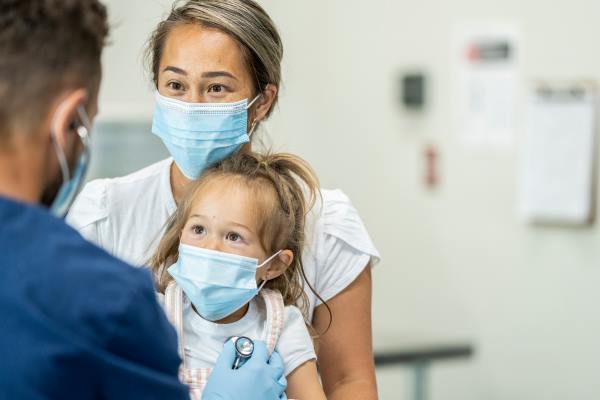
Consistent with Centers for Disease Control and Prevention (CDC) recommendations, Texas health officials have updated blood testing in children to help detect and treat lead exposure sooner.
As of Jan. 1, the Texas Department of State Health Services (DSHS) adopted the updated blood lead reference value (BLRV) of 3.5 μg/dL, lowered from 5.0, so children within that range can receive “prompt actions to mitigate health effects and remove or control exposure sources,” DSHS said in a health advisory.
“Lowering the value helps identify more kiddos that could potentially have an ongoing lead exposure,” said Amelia Averyt, MD, a member of the Texas Medical Association’s Child and Adolescent Health Committee. “With the change, we can catch them earlier and act earlier to reduce their risk.”
Lead exposure can lead to serious consequences for a child’s lifelong health. There is no known safe blood lead concentration, says CDC, and children younger than 6 years are especially vulnerable. Even blood lead levels as low as 3.5 ug/dL may be associated with decreased intelligence in children, behavioral difficulties, and learning problems. As lead exposure increases, the severity of symptoms and long-term effects also increases.
DSHS recommends physicians and other health professionals use the Reference for Blood Lead Retesting and Medical Case Management, which has been updated to reflect current guidance for appropriate follow-up actions.
Here are some other resources physicians may find helpful:
CDC has robust guidelines regarding actions physicians may take once a child tests positive for lead exposure. DSHS’ Blood Lead Surveillance Branch provides resources for Texas physicians in accordance with those guidelines.
DSHS’ Childhood Blood Lead Screening Guidelines elaborate on recommended blood lead testing for children, including those enrolled in Medicaid.
Texas law requires physicians to report of all blood lead tests (with any result) for children younger than 15 years of age to the DSHS Texas Childhood Lead Poisoning Prevention Program, which will notify physicians and parents or guardians of concerning blood lead levels. Reporting can be done electronically or by fax.
Alisa Pierce
Reporter, Division of Communications and Marketing
(512) 370-1469